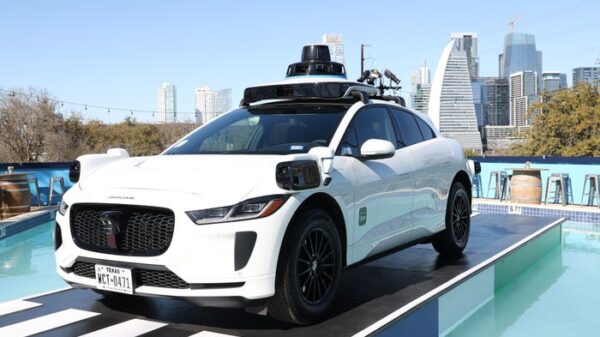Generation Z is transforming the way brands engage with consumers by prioritizing authenticity, speed, and social purpose. Born between the mid-1990s and early 2010s, this generation demands more than just catchy slogans; they seek genuine connections with companies. As a result, businesses are reevaluating their marketing strategies and corporate values to resonate with this new wave of consumers.
To capture the attention of Gen Z, brands are moving away from traditional advertising methods. Instead of polished commercials, they are investing in platforms like TikTok, Instagram Reels, and YouTube Shorts to create “snackable” content that feels more like a conversation than a sales pitch. This shift reflects Gen Z’s preference for relatable, authentic storytelling over overt persuasion. Brands are now focusing on real employees sharing their experiences, user-generated content, and informal testimonials to foster trust and engagement.
The emphasis on transparency extends beyond messaging to production style. Videos that feature unfiltered, behind-the-scenes glimpses and candid Q&A sessions have proven more effective than traditional advertising formats. This approach caters to Gen Z’s skepticism towards brands, as they are quick to identify and call out “corporate speak” or insincerity. Consequently, many companies are prioritizing partnerships with micro-influencers—creators with smaller, engaged followings—whose endorsements are perceived as more genuine.
Beyond marketing, Gen Z’s values are influencing their purchasing decisions. Issues such as sustainability and ethical sourcing have become essential factors in their consumer behavior. According to the 14th edition of Deloitte Global’s Gen Z and Millennial Survey, which surveyed over 23,000 participants across 44 countries, this generation expects brands to make measurable commitments to social and environmental causes. They are quick to discern “greenwashing” tactics and will reward brands that provide transparent information regarding their practices.
As shopping experiences increasingly merge with entertainment, brands are also adapting their strategies. Social media platforms have introduced features like clickable product tags and live commerce streams, allowing consumers to make purchases seamlessly within the apps. Companies are responding by creating shorter sales funnels, using engaging product videos and influencer collaborations to drive conversions.
Personalization is another key expectation for Gen Z. They are looking for tailored experiences but are also more privacy-conscious than previous generations. Brands are now focusing on ethical data practices, ensuring clear opt-ins and transparent explanations for personalized recommendations. This balance helps build brand credibility.
Community engagement has emerged as a significant aspect of brand loyalty. Gen Z wants to feel like active participants rather than passive consumers. Many brands are fostering communities through initiatives such as fan clubs, Discord servers, and co-creation programs where customers have a direct role in shaping products and marketing strategies. This participatory approach not only enhances word-of-mouth but also allows brands to respond quickly to feedback.
The importance of meaningful experiences cannot be overstated. Pop-up stores, immersive events, and campus ambassador programs create opportunities for deeper brand connections and social sharing. Additionally, brands are experimenting with digital goods, NFTs, and virtual try-ons to engage Gen Z in their preferred digital environments.
As trends evolve at a rapid pace, brands must be agile, allowing them to react swiftly to emerging trends and cultural shifts. Those that can quickly adapt to new memes or viral content stand to gain favor with Gen Z, who value immediacy and relevance.
Financial stability is also a pressing concern for this generation. The Deloitte survey indicates that nearly half of Gen Zers feel financially insecure, which directly impacts their sense of well-being and job satisfaction. As they navigate the job market shaped by a global pandemic and economic uncertainty, they prioritize work/life balance and meaningful work opportunities.
In the workplace, Gen Z values career growth and learning over traditional notions of climbing the corporate ladder. The survey highlights a disconnect between their expectations and actual experiences regarding mentorship and development support from employers. Only a small percentage see reaching senior leadership roles as a primary career goal.
As companies strive to engage Gen Z effectively, they must prioritize authenticity and act on their stated values. This approach requires a willingness to relinquish some control over brand messaging and embrace transparency. Brands that succeed in building genuine connections with this generation will not only secure sales but also cultivate long-term loyalty and relevance in an ever-evolving marketplace. Ultimately, Gen Z seeks to belong, participate, and make informed choices with their wallets, and companies that view them as partners will likely thrive in the future.





































































